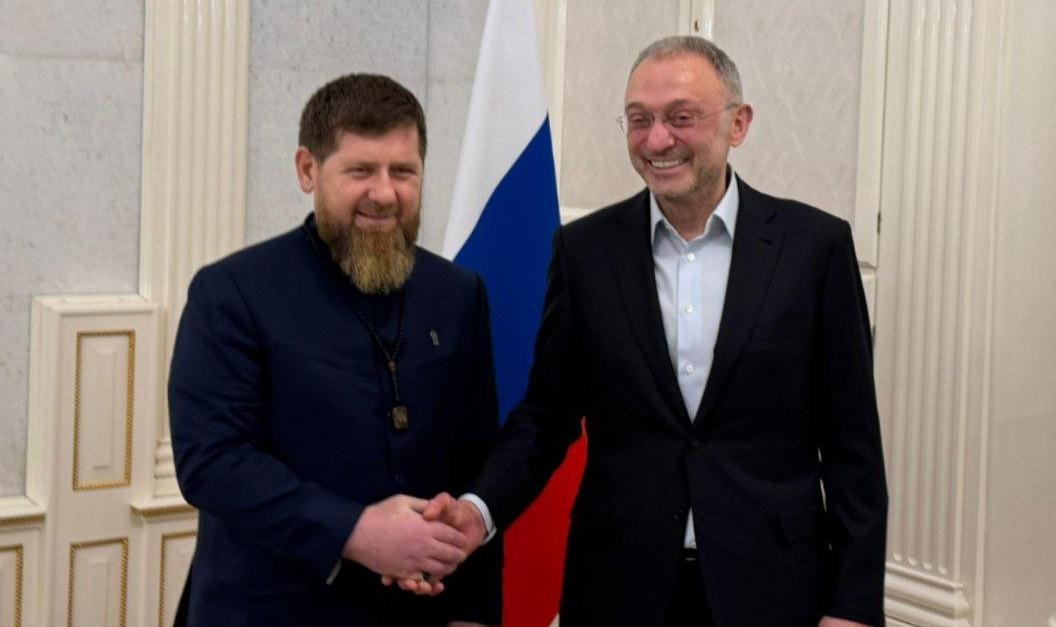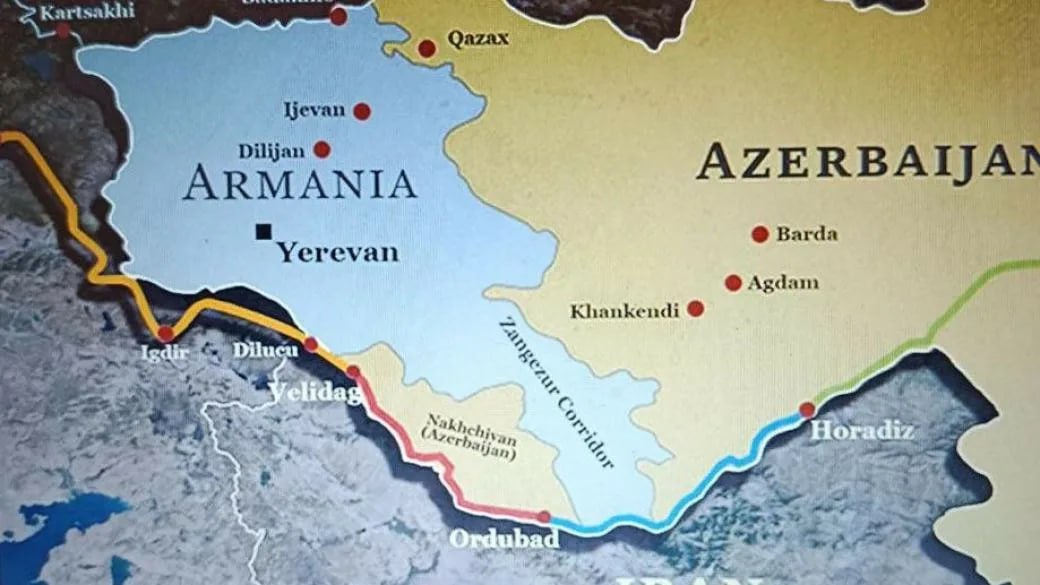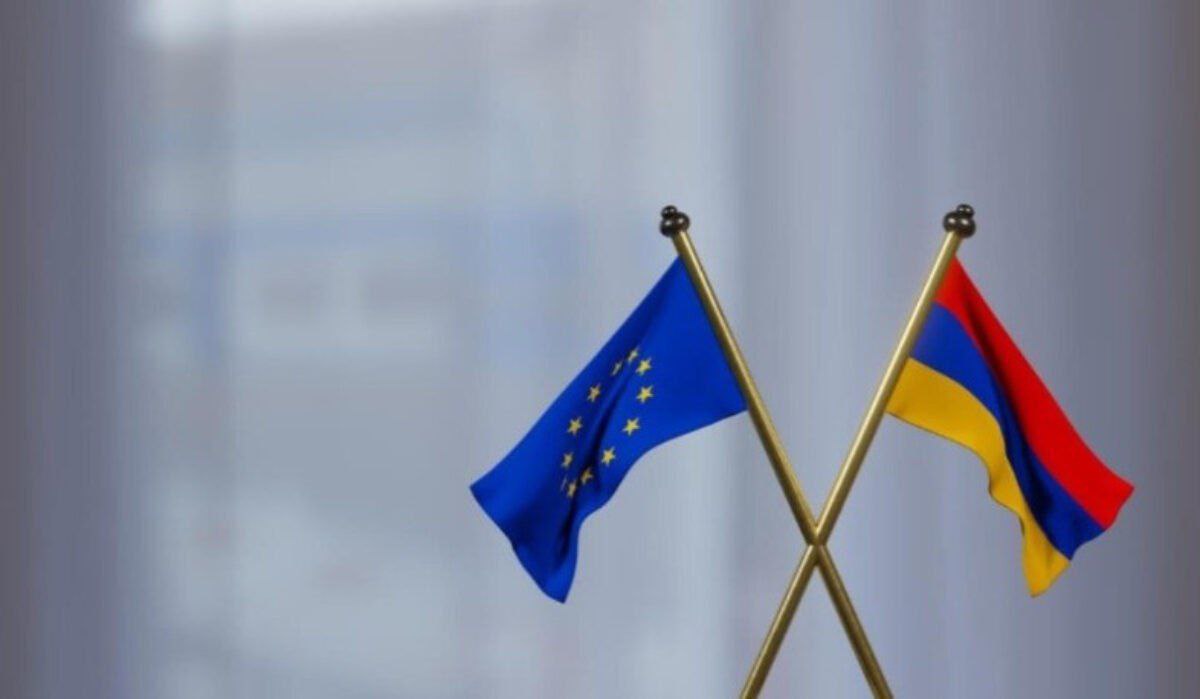Today, Chechen leader Ramzan Kadyrov posted a joint photo on his Telegram channel with the senator from Dagestan, billionaire Suleiman Kerimov, with whom he had a violent conflict last summer and fall. Kadyrov and Kerimov found themselves on opposite sides of a family dispute over the Wildberries marketplace.

The Georgian government is clearly pro-European, because the Constitution defines European integration as a priority of the country's foreign policy. This was stated by the Prime Minister of Georgia Irakli Kobakhidze.
He recalled that 20% of Georgia's territory is occupied by the Russian Federation, as an explanation for the fact that there are no diplomatic and political relations between the countries. According to Kobakhidze, the dialogue between the parties mainly concerns humanitarian issues, trade and economics.
The Georgian Prime Minister also commented on the accusations from the opposition and the EU of adopting "pro-Russian laws".
"If someone convinces us that the law on transparency of foreign influence or any other law does not comply with legal principles or the European spirit, we are ready to reconsider any decision. When someone uses finances from abroad and tries to encourage a revolution in Georgia, we believe that their financing should be completely transparent," Kobakhidze emphasized.
Western politicians are increasingly accusing Georgia of deviating from the course of European integration. Some diplomats directly call the country's authorities pro-Russian. In particular, the law "On the transparency of foreign influence" adopted by the Georgian government was perceived by the West as an analogue of the Russian legislation "on foreign agents", which contradicts European values. At the same time, Georgia officially strives to join the EU and maintains relations with NATO. The ruling party calls the statements of the leaders of European countries interference in the country's internal affairs.



